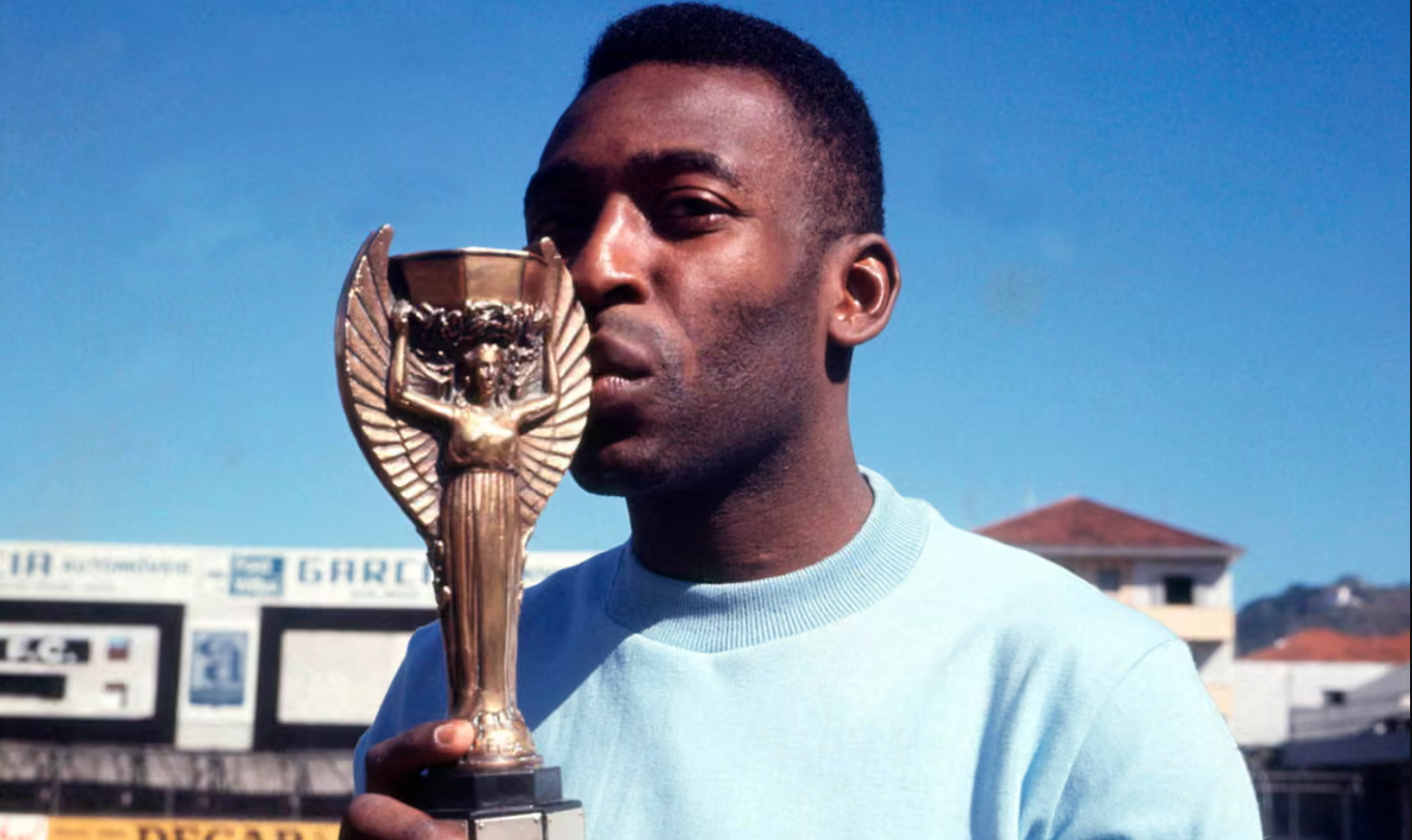
International brands face the challenge of local brands
- Rashel Ahamed
- November 28, 2024
- General
- Brand, Challenge, Lux
- 0 Comments
A Tell of Challenge
1.
We all know more or less about the acceptance of Dr. Muhammad Yunus in the international arena. Well, did any other people of Bangladesh get so much response in the international arena? Did anyone challenge anyone else in the world court?
Dr. Muhammad Yunus did not compete with anyone. He has done his own thing. So there were no challenge for him. But today we will hear the story of a man who made a position for himself by competing with an internationally established company. He challenged a renowned brand.
But before hearing his story, we hear another story.
The story is of Lux Soap who face the challenge by a local brand.
2.
There are hardly any people in the world who have not heard the name of the world famous company Lux. This soap, which came into the market in 1925, has made most of the heroines of Hollywood, Bollywood and other film industries as brand ambassadors of this soap in the last 100 years.
Within 25/30 years of starting, they became the world’s number 1 selling soap brand. 60s Marilyn Monroe, Sophia Loren; 70s Elizabeth Taylor, Audrey Hepburn; Charlize Theron or Catherine Zeta-Jones of the 90s – all beauties became models of this brand.
From Baijantimala, Hema Malini, Shabana Azmi, Sridevi to Aishwarya, Juhi Chawla, Katrina Kaif, Rani Mukerji, Kareena Kapoor and many others have become luxury models in the Hindi film industry.
Actress Kabri became the first Lux model in Bangladesh. Later, many famous actresses including Shabana, Babita, Mousumi, Shabnoor became models of Lux.
Lux’s target and message is clear – ‘Lux is used by those who are beautiful’.
It is not very easy to compete in the market by trading these models with high remuneration. Specially in Bangladesh market. Lux was therefore doing business exclusively.
Although it was originally made to target women, everyone in the family used this product, from children to old people. Although there are other soap alternatives to Lux in the market, no one in any country could think of beating Lux till then.
But the problem started in the early 90s. That too in Bangladesh market.
3.
Many of you who grew up in the 90s like me know that a soap called ‘Aromatic’ appeared in the market at that time.
Surprisingly, people started buying this soap in droves. After a while there came a time when the vendors no longer wanted to stock Lux soap. What is the point of wasting the store space by keeping things that are not sold!
Was there such magic in ‘Aromatic’ that they overtook the old world famous brand?
‘Aromatic’ used the term ‘Halal’ in its product. Lux or other soap companies have never used the word halal.
The marketing strategy worked well in Muslim-majority countries. Consumers perceived halal as compatible with religious values.
The question is from whose head this idea came.
‘Aromatic’ soap was a product of the Jamuna Group. Syed Alamgir joined the group as Marketing Director in 1992. This idea came out of his head.
I am sure not many people in Bangladesh know Syed Alamgir. But he almost pushed one of the world’s biggest brands out of the market. At that time Lux soap was sold in 99 countries including Bangladesh. The Lever Brothers Group (now Unilever) admitted that they had not faced challenge like Bangladesh anywhere else.
4.
Have you heard of Philip Kotler?
Philip Kotler’s book is mandatory reading in all the universities in the world where marketing is taught.
That Kotler mentions the example of ‘aromatic’ in his book. His words are mentioned in the 13th edition of ‘Principle of Marketing’.
How big it is may not be understood by common people.
In 2011 Philip Kotler came to Bangladesh for a query. At that time Syed Alamgir met him. Philip Kotler gave it to Syed Alamgir with an autograph, wishing him well in his book. Syed Alamgir’s example was on page number 76 of the book. Kotler was proud to include Alamgir’s example in his book.
It must be remembered that this is the first time that a Bangladeshi marketer has got an opportunity in such a prestigious book.
5.
Syed Alamgir Sir is not only an aromatic inventor, during his time Jamuna Group released a brand named ‘Pegasus Su’ in the market and within a very short time they came to the second position in the world of shoes in Bangladesh after ‘Bata’.
Alamgir Sir joined ACI in 1998 after leaving Jamuna Group. Gradually over a period of time the aromatic loses its position. At some point in 2005, Marico Group (the company behind Parachute Oil) bought the Aromatic brand.
After purchase they do not do anything with this product. At some point this product stopped coming in the market.
Many believe that Unilever Group bought this brand through Mariko Company for its business interests.
Not only the Bangladesh market, but also the global market, there was a risk of losing the market if someone else came up with the halal concept. In today’s age of social media, this concept would surely have spread worldwide. In that era, if this matter had become known in any other country of the world, then if any other company worked on it in other countries, it would not have brought anything good for Unilever.
6.
Syed Alamgir sir is still alive. No media felt the need to bring such a great personality before us.
But how many stupid people get media attention.
Bangladesh is a shining example of the proverb ‘A country that does not appreciate a genius does not produce a genius’.
However, even if they do not get praise in the country, the geniuses are appreciated in the international circles.
Until this government came, Dr. Yunus is the real example of this.




